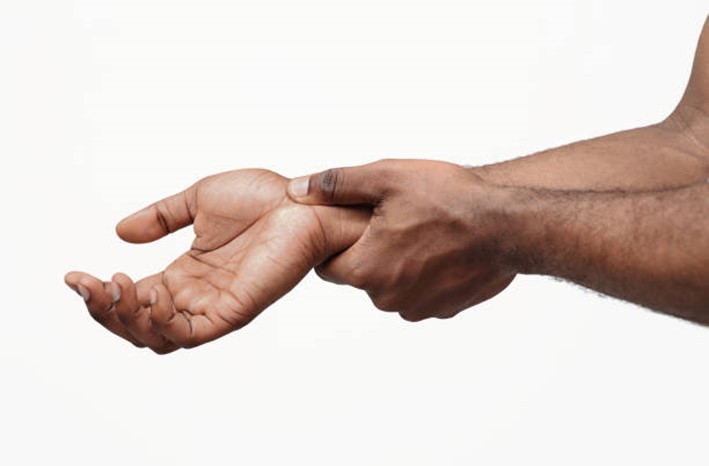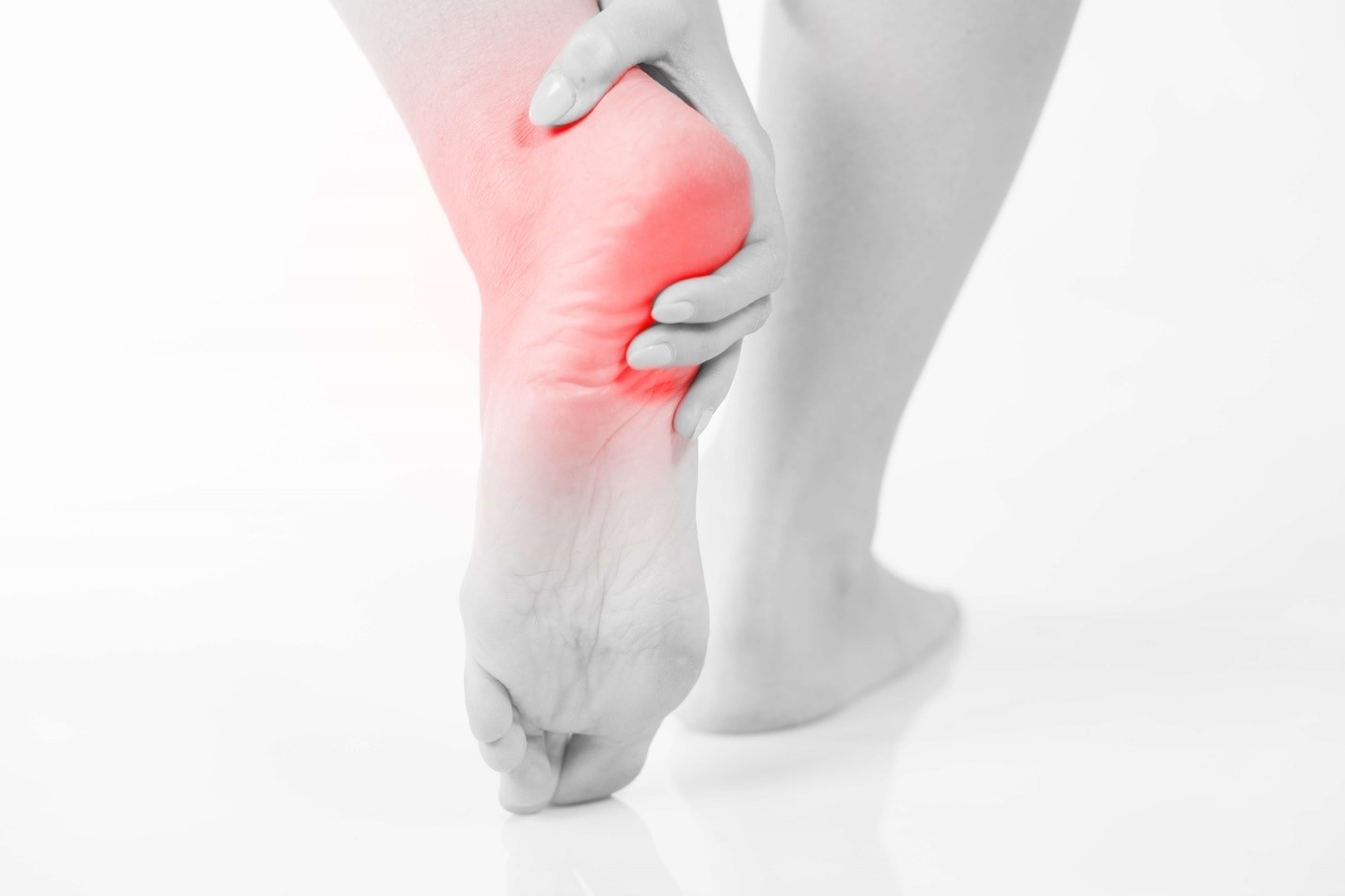Achilles Tendonitis
Have you been experiencing excruciating heel pain that is hindering you from participating in an upcoming marathon or playing a sport you love? Are you troubled by the pain you feel just above your heel when walking? Keep reading, this is just for you.
Achilles tendonitis is a common condition caused by inflammation of the tendon Achilles. Inflammation is a natural protective response to injury that results to swelling, pain and tenderness on the specific tissue. The Achilles tendon is the largest tendon in the body that connects the calf muscle to the heel bone. It stabilizes and facilitates movement of the foot when walking, running and standing.
Depending on the site of injury, there are two categories of Achilles tendonitis;
- Noninsertional- the middle fibers of the tendon are compromised causing it to tear, swell and eventually thicken to form a palpable mass. It is more common in sportsmen and the younger population. If not treated early, this can lead to a tendon rupture.
- Insertional- injury at the lower fibers of tendon closer to the heel where the tendon inserts. The damaged fibers harden forming a bone spur. It is commonly caused by calf muscle tightness.
Signs and symptoms
- Persistent ankle or heel pain. Pain is often worse in the morning and gets better over the day. You may also experience pain when exercising, walking, when wearing shoes or when going up stairs.
- Swelling and thickening along the Achilles tendon
- Leg weakness
- Tenderness of the tendon
- May have bone spur formation at the ankle.
Causes
- Direct trauma
- Overuse injury due to excessive walking and intense athletic activities
- Inappropriate sports practices- failure to stretch, running on uneven surfaces, inadequate rest and inappropriate workout technique
- Inappropriate footwear especially high heels
- Tight or weak calf muscles
- Individuals with flat foot, who are overweight and the elderly are at high risk.
Diagnosis
- Thorough medical history and physical exam
- Special tests such as Thompson test
- Imaging- MRI
Physiotherapy management
- Cryotherapy and electrotherapy
- Manual therapy- specific soft tissue manipulation to break scar adhesions
- Strengthening exercises to strengthen the Achilles
- Stretching exercises to release tension on tight calf
- Heel lift support (orthotics) to relieve stress caused by flat foot
- Patient education on proper foot ware

